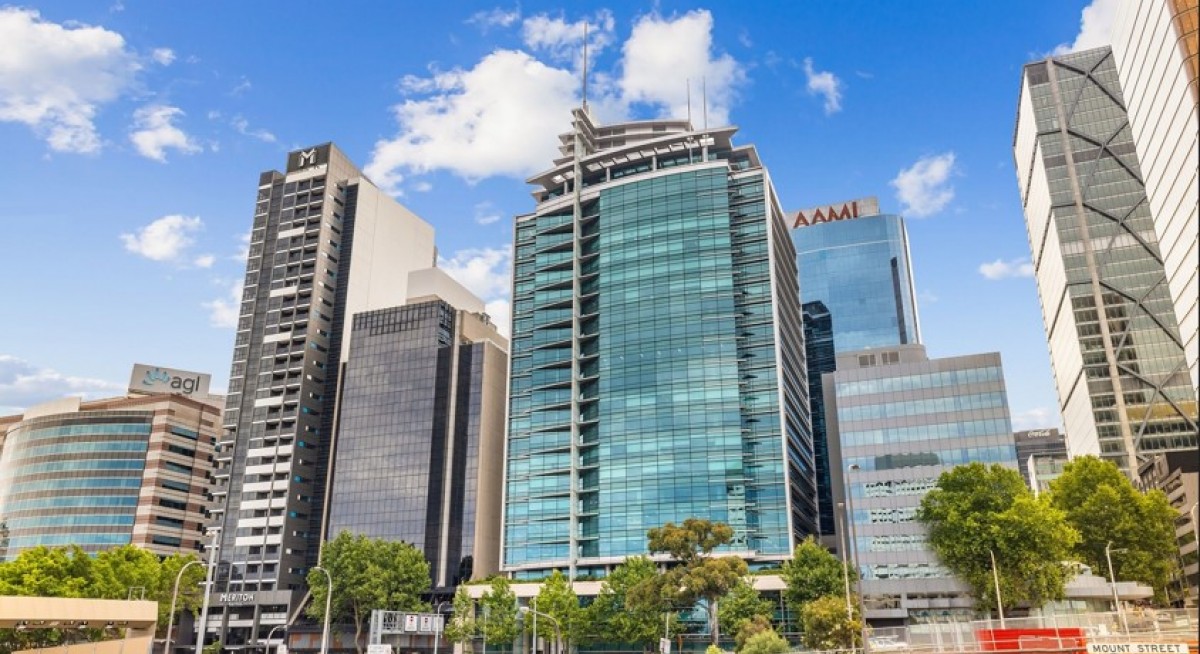Based on the most recent financial reports of the hospitality trusts, only FHT is trading at a premium to NAV, with CDLHT, ART and FEHT trading at narrow discounts to NAV. Of these, FEHT gets the highest portion of revenue from master leases compared with CDLHT and ART.
At No. 5 among the top performers in 1H2022 is CapitaLand Integrated Commercial Trust (CICT), which has done better than its peers in terms of unit price. CICT has outperformed both retail REITs and office REITs as it has a lot going for it in terms of size, liquidity and name recognition. It is also a component of several indices.
As at March 31, CICT owns assets valued at $22.9 billion. Of these, 39% are office, 31% retail and 30% integrated or mixed developments. Most of them (93%) are located in Singapore, while 7% are overseas, consisting of two office buildings in Frankfurt and two in Sydney. In a matter of days, CICT will own 50% of a third Sydney property, an office with a retail component. This will take its AUM to more than $23 billion. In the past six months, CICT divested JCube and One George Street, recycling the proceeds into higher-yielding office properties in Sydney and CapitaSky.
The worst performer in 1H2022 is EC World REIT which is having problems refinancing loans which have matured. On June 29, the Singapore Exchange asked EC World REIT’s manager why the refinancing of its loans of $299.95 million, US$86.78 million ($120.5 million), and RMB906.56 million ($188.2 million) had not “progressed as expected”. EC World REIT’s manager blamed it on a tentative agreement with the sponsor and its partners to divest its portfolio in 2021 which did not proceed.
See also: TES Go International
On June 1 and June 13, EC World REIT announced a short-term extension of the loan maturities to April 2023 if 25% of the offshore loans are pared down by the end of this year. “Due to macro-economic situation and property market conditions in China, the offshore lenders had called on EC World REIT to divest some of its assets to repay at least 25% of the aggregate outstanding amount of the offshore facilities by the end of 2022,” says EC World REIT’s manager.
Banks involved in EC World REIT’s refinancing are DBS Bank, United Overseas Bank, China CITIC Bank, Malayan Banking, The Bank of East Asia, Bangkok Bank and Deutsche Bank.
See also: New Testing Lagi
The next worst performer is Digital Core REIT. Its decline was perhaps exacerbated by Jim Chanos saying that Alphabet, Microsoft and Amazon prefer to build data centres to their own design rather than moving into existing ones, as reported by The Financial Times.
When they do outsource, they typically offer low returns to their development partners, Chanos said. Chanos also said that data centre REITs are overvalued and likely to be in a phase of declining revenue.
Digital Core REIT, whose sponsor is Digital Realty Trust, was listed at 88 US cents back in December 2021 and is down almost 29% year to date.
The reasons for Digital Core REIT’s underperformance are threefold. The main reason is interest rates. In addition to its impact on Digital Core REIT’s unit price, its capital management leaves much to be desired. In its business updates in 1Q2022, the REIT manager started the year without any fixed-rate debt. Moreover, all the debt taken on at IPO is not staggered and expires at the same time.
Secondly, in April, Digital Core REIT’s fifth-largest customer, a privately held IT service provider occupying 2.7MW of capacity in Toronto, filed for bankruptcy protection.
Thirdly, Digital Core REIT’s manager promoted its US$15 billion pipeline from sponsor Digital Realty Trust as a growth story. FT reported that Chanos is raising several hundred million US dollars for a fund that will take short positions in US-listed REITs. “This is our big short right now,” Chanos reportedly said.



